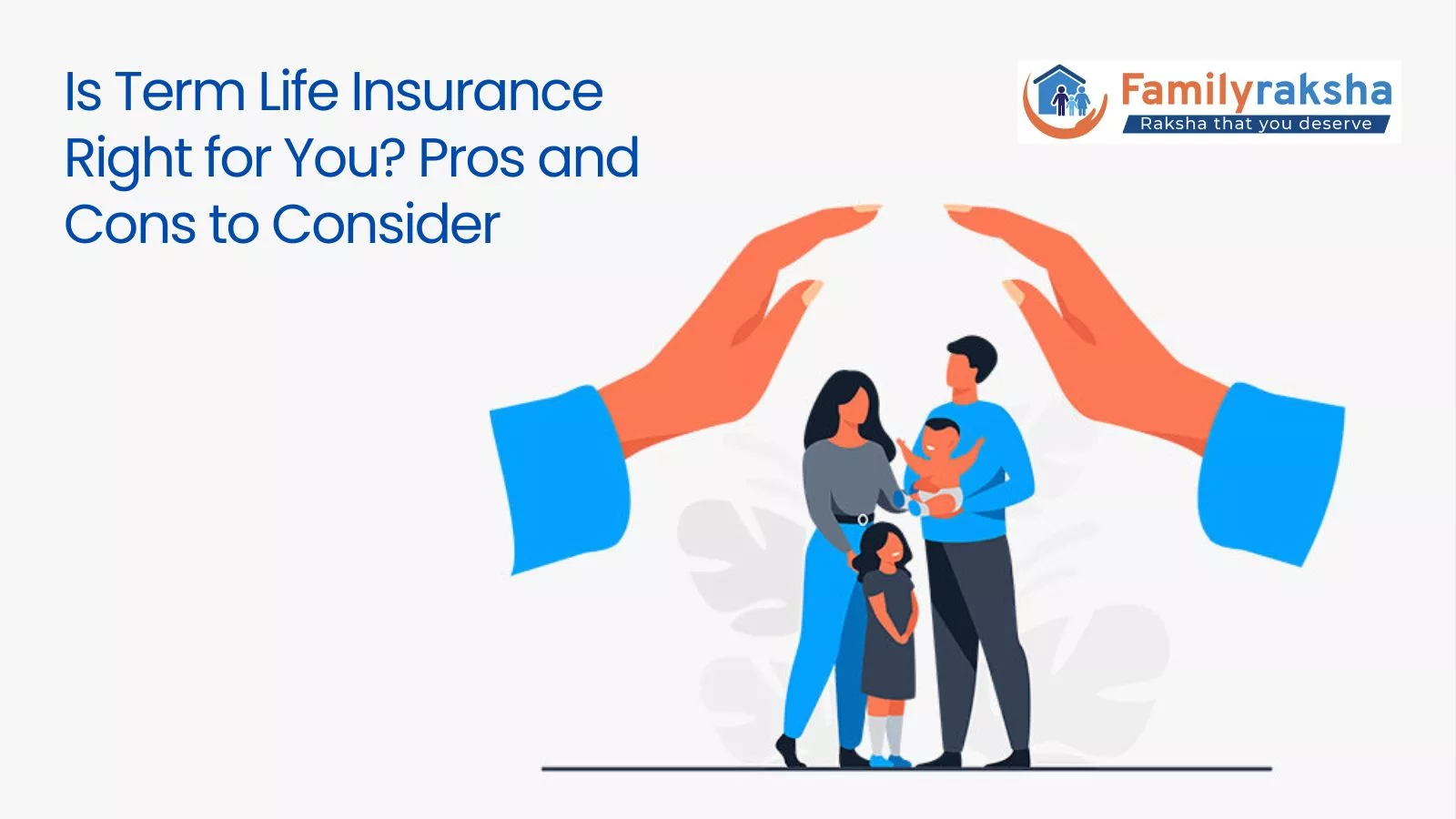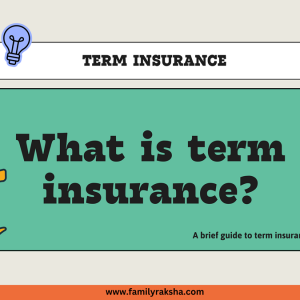Term life insurance is a type of life insurance that provides coverage for a specified period, or term, of time.It’s important to consider the pros and cons before deciding whether term life insurance is right for you.
Pros of Term Life Insurance:
- Affordability: Term life insurance typically offers the most coverage for your premium dollar. It’s often more affordable than permanent life insurance options like whole life or universal life.
- Simplicity: Term life insurance is straightforward. You choose the coverage amount and term length, and your beneficiaries receive the death benefit if you pass away during the term.
- Flexibility: You can often choose the length of the term based on your needs. Common term lengths are 10, 20, or 30 years. This can align with your financial obligations, such as a mortgage or the time until your children become financially independent.
- Temporary Needs: Term life insurance is suitable for covering temporary financial obligations, such as paying off a mortgage, funding your child’s education, or providing income replacement during your working years.
- Convertible: Some term life policies have a conversion option, allowing you to convert the policy to a permanent policy without undergoing a new medical exam. This can be useful if your health deteriorates over time.
Cons of Term Life Insurance:
- Expiration: One of the primary drawbacks of term life insurance is that it expires at the end of the term. If you outlive the term, you won’t receive any benefits. You’ll need to purchase a new policy, which might be more expensive due to age or health changes.
- No Cash Value: Term life insurance doesn’t accumulate cash value over time like some permanent life insurance policies. You won’t receive any money back if you cancel the policy before the term ends.
- Limited Options for Seniors: Term life insurance can become more expensive as you age, and it might be harder to qualify for new coverage if you’re older or have health issues.
- Premium Increases: Some term policies come with increasing premiums over time, making them more expensive in later years. It’s important to understand the premium structure of the policy you’re considering.
- Not an Investment: Term life insurance is primarily designed for protection, not as an investment vehicle. If you’re seeking both protection and an investment component, permanent life insurance might be more suitable.
Ultimately, the decision to purchase term life insurance depends on your individual circumstances and financial goals. If you need coverage for a specific period to protect against temporary financial obligations, term life insurance can be a cost-effective solution. However, if you’re looking for lifelong coverage with potential cash value accumulation, permanent life insurance options might be more appropriate. It’s important to carefully assess your needs and consult with a financial advisor or insurance professional before making a decision.





